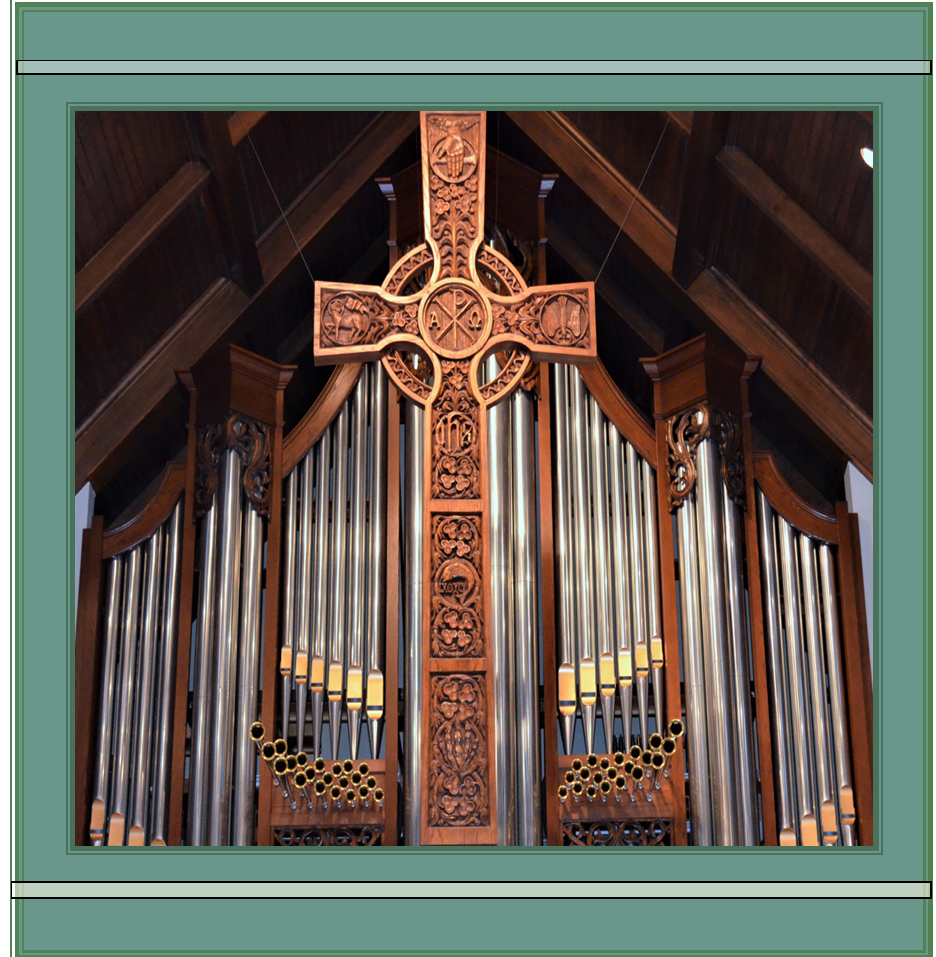By Clifton Kirkpatrick | Professor at Louisville Presbyterian Theological Seminary and stated clerk emeritus of the PC(USA) General Assembly
The Presbyterian Church (U.S.A.), at its best, has modeled its life and ministry on the biblical image of the body of Christ. The very first chapter of our Book of Order captures this ethos when it states, “God has put all things under the Lordship of Christ and has made Jesus Christ Head of the Church, which is his body.” Everything about the church — its faith, polity, worship, and mission — seeks to be a faithful reflection of the body of Christ.
This image was central to the New Testament’s understanding of the church. It was developed best by the apostle Paul in 1 Corinthians 12. To a deeply troubled and divided church in Corinth, the apostle wrote these words:
For just as the body is one and has many members, and all the members of the body, though many, are one body, so it is with Christ. For in the one Spirit we were all baptized into one body — Jews or Greeks, slaves or free — and we were all made to drink of one Spirit. . . . If one member suffers, all suffer together with it; if one member is honored, all rejoice together with it. — 1 Corinthians 12:12–13, 26
A Diverse Body
One of the great realities of the New Testament church was that it was diverse beyond anyone’s wildest imagination. This diversity often led to deep conflicts in the life of the church, as was obviously true in Corinth. The old models of what it meant to be a religious community would no longer hold. That is why this image of the church as the body of Christ was such a breath of fresh air.
Paul viewed diversity, at its core, not as a problem but as a tremendous gift. Just as a body functions better because it has eyes and ears, nose and throat, arms and legs, so too is the church stronger when the God-given gifts of diverse people are shared together to build up the church and strengthen its ministry.
The head of this body is Jesus Christ. According to our Book of Order, “Christ calls the Church into being, giving it all that is necessary. . . . Christ alone rules, calls, teaches, and uses the Church as he wills.” Each member of the body of Christ is given a “manifestation of the Spirit for the common good” (1 Cor. 12:7).
Core Values
It is this understanding of the church as the body of Christ that has led the Reformed tradition and the PC(USA) to develop some of its core values:
The Lordship of Christ — Everything that we do is centered on Jesus Christ,who is our Lord and Savior and the Head of the church.Honoring diversity — Just as the body celebrates its diversity, we celebrate, affirm, and welcome the rich diversity of all of God’s people in our common life.
Shared leadership — There can be no authoritarian leadership in a Presbyterian church because all parts of the body have gifts that must be honored. That is the basis of the Reformed conviction that the spiritual leaders (deacons, ruling elders, and teaching elders) are to be elected by the people of God.
Being one church — Just as there is only one body of Christ, there is only one church. Each of our congregations is an organic part of the broader PC(USA), and the PC(USA) is just one part of the church ecumenical. To be Presbyterian is to be ecumenical!
A holistic ministry — Our mission in the world — our ministry — is the ministry of Christ. Just as Christ was called “to bring good news to the poor . . . to proclaim release to the captives and . . . to let the oppressed go free” (Luke 4:18), so are we.
Discerning the mind of Christ — The purpose of our governance, which on the surface has many parallels to US political institutions, is not to balance political interests in the church, but to enable elected spiritual leaders, together in prayer, dialogue, and reflection on God’s Word, to best discern the mind of Christ.
In many ways our culture is pulling our churches away from these values. In a time when there is a “consumer mentality” about religion, when individual mega-churches rise in popularity, and when “interest groups” seek to shape the church’s life, this vision of the church as the body of Christ can seem very countercultural. That was also true for the New Testament church. However, that church, like our own, found that when the church centered itself on being the body of Christ, God richly blessed the church—and through the ministry of the church, the world. Let us live with confidence that the same will be true in our time!
(This article originally appeared in the May/June 2016 issue of Presbyterians Today.)


.png)